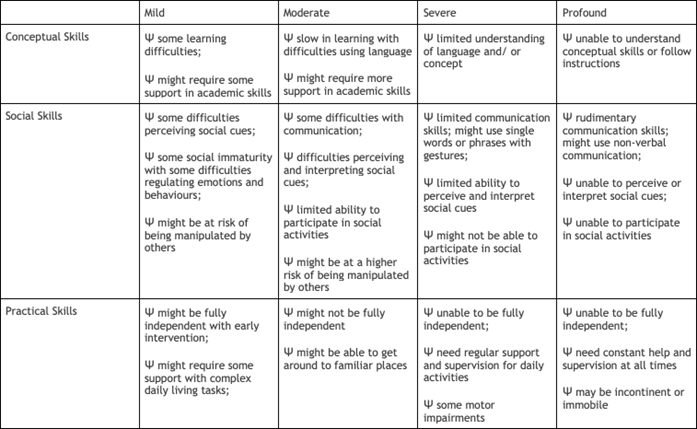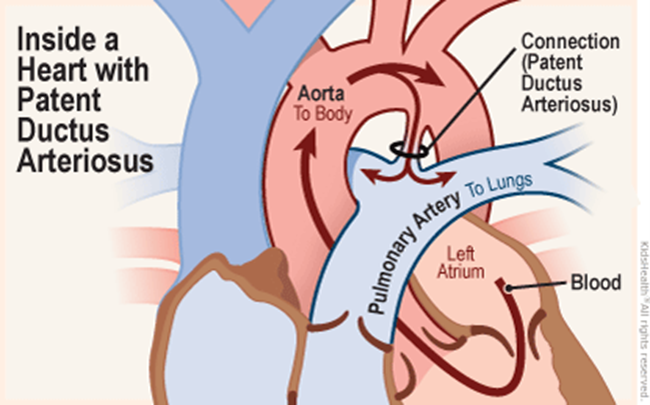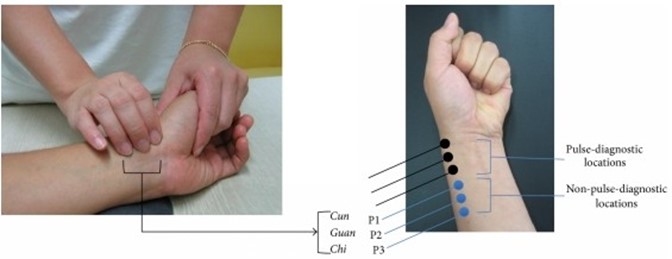The practical nurse (PN) is caring for a 4-year-old girl with a moderate developmental disability. Which is the primary goal of treatment for a child with a developmental disability?
Help the child achieve maximum potential.
Meet the child's rehabilitation needs.
Help prevent further disability.
Promote the child's social acceptability.
The Correct Answer is A
The primary goal of treatment for a child with a developmental disability is to help the child reach their full potential, despite their disability. This involves identifying and addressing any barriers to the child's development and providing them with the necessary support and interventions to promote their growth and development. It is important to focus on the child's abilities and strengths rather than their limitations.
Option B is incorrect as it focuses on rehabilitation, which is not the primary goal of treatment for a child with a developmental disability.
Option C is incorrect as it refers to preventing further disability, which may not always be possible depending on the cause of the disability.
Option D is incorrect as it focuses on social acceptability, which is not the primary goal of treatment for a child with a developmental disability.

Nursing Test Bank
Naxlex Comprehensive Predictor Exams
Related Questions
Correct Answer is B
Explanation
The practical nurse (PN) should recognize that a newborn whose mother has poorly controlled type 1 diabetes mellitus and is exhibiting grunting with mild sternal retractions is exhibiting signs of patent ductus arteriosus. Patent ductus arteriosus is a condition in which the ductus arteriosus, a blood vessel that connects the pulmonary artery to the aorta, fails to close after birth. This can result in abnormal blood flow between the aorta and pulmonary artery, leading to respiratory distress.
Hypothyroidism (Option A) and hyperinsulinemia (Option C) are conditions that can occur in newborns, but they do not typically present with grunting and sternal retractions.
Ventral septal defect (Option D) is a congenital heart defect that can cause respiratory distress, but it is not specifically associated with maternal diabetes.

Correct Answer is B
Explanation
This could indicate reduced blood flow to the affected arm, which may be a sign of compartment syndrome. Compartment syndrome is a serious condition that requires immediate intervention by a registered nurse (RN). The other options may also require intervention, but they are not as urgent as the situation described in option B.

Whether you are a student looking to ace your exams or a practicing nurse seeking to enhance your expertise , our nursing education contents will empower you with the confidence and competence to make a difference in the lives of patients and become a respected leader in the healthcare field.
Visit Naxlex, invest in your future and unlock endless possibilities with our unparalleled nursing education contents today
Report Wrong Answer on the Current Question
Do you disagree with the answer? If yes, what is your expected answer? Explain.
Kindly be descriptive with the issue you are facing.
